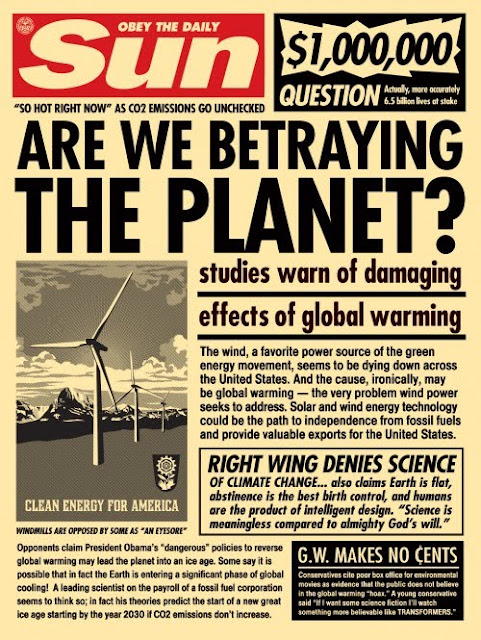A proposed essay title or topic
A comparison of male and female representation in advertising.
The main issues addressed by your argument (in bullet points)
- The differences between male and female orientated marketing, focussing on deodorant advertisement.
- Sexism and objectification in advertising over the years.
- Roles of men and women contemporary society.
- How much so are the issues raised self perpetuated, and is there a need for change?
Any visual material that you will look at (include hyperlinks if possible)
What theoretical approach / methodology will you use? e.g. marxism, the gaze, psychoanalysis etc
- Gaze theory
Which specific theorists / writers will you refer to?
- Michel Foucault
- John Berger
- Rosalind Coward
- Germaine Greer
- Natasha Walter
Laura Mulvey
Laura Mulvey
At least 5 books / articles / resources already located (referenced using Harvard)
Gauntlett, D., (2008), Media, Gender and Identity, Routledge (Oxfordshire),
Thomas, J., (2001), Reading Images, Plagrave (Hampshire)
Mills, S., (2003), Michel Foucault, Routledge (Oxon)
Cohen, M, Mast, G, Braudy, L, eds., (1992), Film Theory & Criticism: Introductory Readings,
Foucault, M., ( ) Discipline & Punish,
Chandler, D., Notes on 'The Gaze', [online] (Updated 10/04/2000) Available at: http://www.aber.ac.uk/media/Documents/gaze/gaze.html
Mills, S., (2003), Michel Foucault, Routledge (Oxon)
Cohen, M, Mast, G, Braudy, L, eds., (1992), Film Theory & Criticism: Introductory Readings,
Foucault, M., ( ) Discipline & Punish,
Chandler, D., Notes on 'The Gaze', [online] (Updated 10/04/2000) Available at: http://www.aber.ac.uk/media/Documents/gaze/gaze.html




